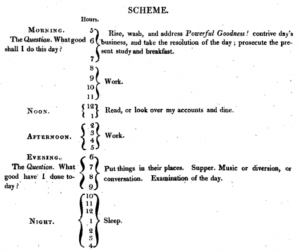Who does Google think you are?
September 16th, 2009 by jamesOne of the themes we’ve been discussing here is the idea that prestige and attention are the main currencies of academia. So it only makes sense that you want your online presence to be an accessible and positive reflection of your work and, at the very least, you want to be distinguishable from all of the other John Smiths in the world.
MIT has recently put together a tool called Personas which attempts to figure out this question of online identity. I say attempts because to be honest, it’s a bit hit and miss. The design looks pretty good but the results seem to change each time you run it, you can’t review the underlying data and it doesn’t even have a roll-over to quantify each chunk of your profile (e.g. percent of total, source documents etc).
It’s a noble effort though and it got me thinking that there are two sides to the question of online identity. (more…)

